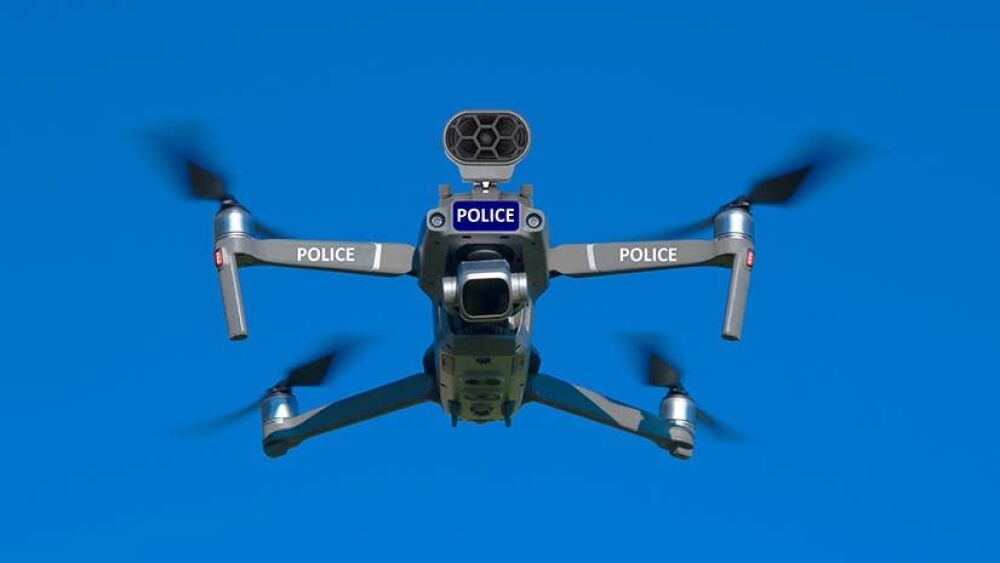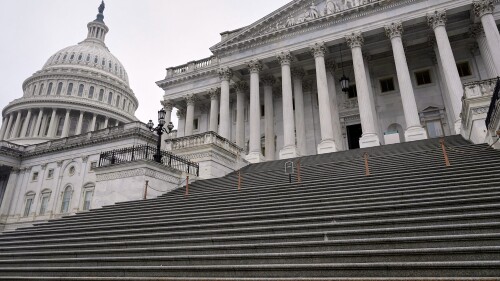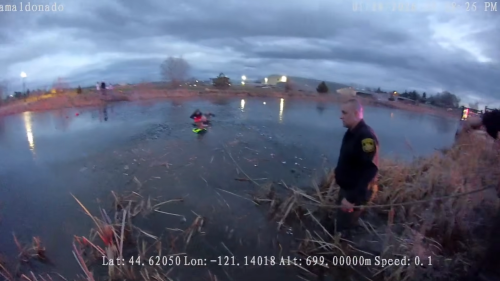WASHINGTON — Congresswoman Elise Stefanik has reintroduced the Drones for First Responders (DFR) Act, a bill designed to reduce U.S. reliance on Chinese-made drones.
Joined by House colleagues including China Select Committee Chair John Moolenaar (R-MI), Congressman Darin LaHood (R-IL), and Congressman Rob Wittman (R-VA), Stefanik announced the renewed legislation on June 4, citing growing concerns over the widespread use of drones produced by companies linked to the Chinese Communist Party.
Currently, about 90% of drones used by U.S. first responders are manufactured in China, which U.S. officials have warned may pose significant surveillance risks. Both the Department of Defense and cybersecurity agencies have issued warnings about the national security threats associated with Chinese-made drones.
| ANALYSIS: The rise of American drone manufacturing in public safety
“My legislation will establish a revenue neutral grant program to help Americans purchase drones securely made by the U.S. and our allies,” said Congresswoman Stefanik. “I’m proud to reintroduce the Drones for First Responders Act, which will increase the competitiveness of U.S. drone manufacturers and provide first responders with the secure, high-quality drones they need to protect and serve our communities … across our nation.”
Key provisions of the DFR Act:
- Tariffs on Chinese drones: The bill imposes an initial 30% tariff on drones manufactured in the People’s Republic of China (PRC), increasing by 5% annually. The goal is to counter unfair trade practices and encourage domestic competition.
- Drone purchase grant program: Revenue from the tariffs will fund a new grant program to assist first responders, utilities and agricultural producers in buying U.S.- or ally-made drones.
- Strengthened rules of origin: By 2030, imported drones must meet stricter standards ensuring critical components are not sourced from China.
Lawmakers supporting the bill say it addresses not just economic competitiveness, but also urgent security concerns.
“Chinese drones pose an unacceptable surveillance risk to our first responders, our infrastructure, and our national security…” said Rep. Moolenaar. “This is about protecting our communities, rebuilding American manufacturing, and cutting off the CCP’s access to sensitive data.”
Looking to navigate the complexities of grants funding? Lexipol is your go-to resource for state-specific, fully-developed grants services that can help fund your needs. Find out more about our grants services here.







